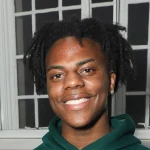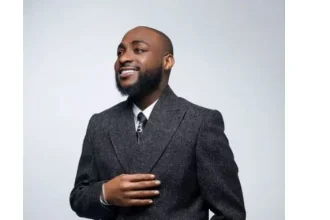The federal government has strongly dismissed suggestions that the United States should deploy troops to Nigeria, clarifying that the country is not experiencing any form of “Christian genocide” as alleged by U.S. President Donald Trump.
Officials, however, warned that the controversial statement has already sparked fresh security concerns in parts of the country.
In a firm statement, Secretary to the Government of the Federation, Senator George Akume, described Trump’s claim as “dangerous and inaccurate,” maintaining that Nigeria does not require foreign military presence. He cautioned that such narratives embolden violent groups hoping to exploit global attention to escalate unrest.
According to him, “The Nigerian Armed Forces are highly capable, experienced and professional. Nigeria does not require foreign troops,” noting that no credible international organisation has ever categorised Nigeria’s security crisis as an attempt to annihilate Christians or any other group.
Akume said the Tinubu administration considers the genocide claim both false and harmful, adding that it is heightening distrust among citizens and providing extremist networks with a propaganda tool they had lost in recent years.
He outlined two major dimensions of Nigeria’s insecurity challenge: ideological insurgency in the North-East and economically motivated banditry in the North-West. The former Benue State governor explained that extremists target both churches and mosques, with victims spread across religious backgrounds.
He noted that Boko Haram and ISWAP’s activities remain ideologically driven, whereas banditry is fuelled by illegal mining operations, ransom kidnappings, and competition for natural resources. Akume also linked the escalation of violence to the proliferation of weapons after the 2011 collapse of Libya, which allowed arms to flow through the Sahel into Nigeria, strengthening insurgent and bandit cells.
On claims of Christian-targeted attacks, the SGF rejected the interpretation, insisting it is not supported by evidence. He warned that foreign commentary—especially from figures in the U.S.—has already emboldened violent groups hoping to use the narrative to gain visibility and influence.
Akume referenced recent mass attacks, including the killings in Yelewata, Benue State, where about 100 people were murdered. He added that President Bola Tinubu promptly sent relief materials to the area and ordered a comprehensive reconstruction plan for affected communities.
Reaffirming Nigeria’s secular constitutional status, Akume noted that government appointments under President Tinubu reflect the country’s religious diversity. He stressed that what Nigeria needs from global partners such as the U.S. is support through intelligence sharing, technology, and equipment—not the deployment of foreign troops.
He urged Nigerians to remain united and resist narratives that fuel division. “Now is the time to speak with one strong and united voice to confront a common enemy: terrorists, bandits and extremist insurgents,” he said.











